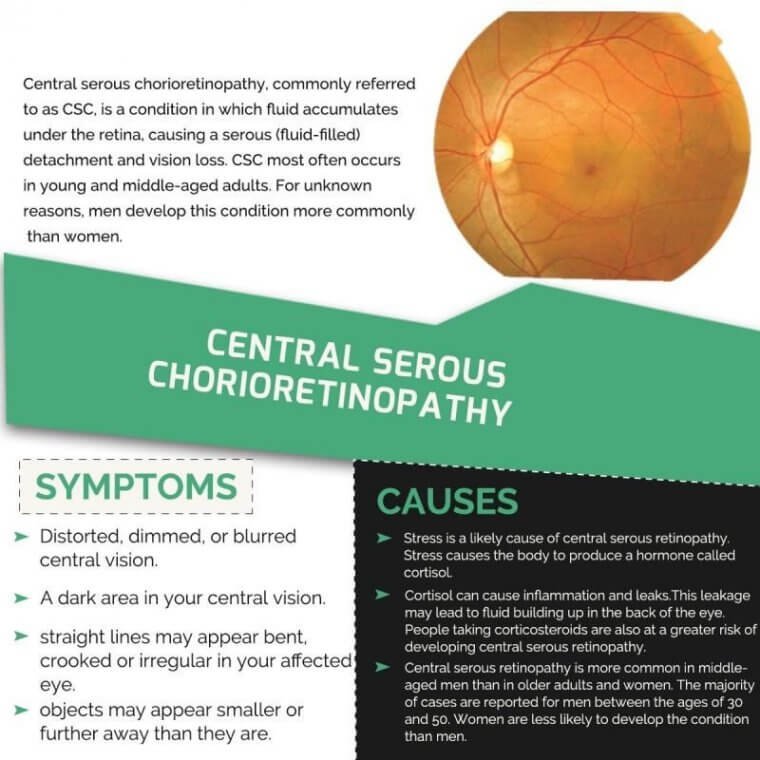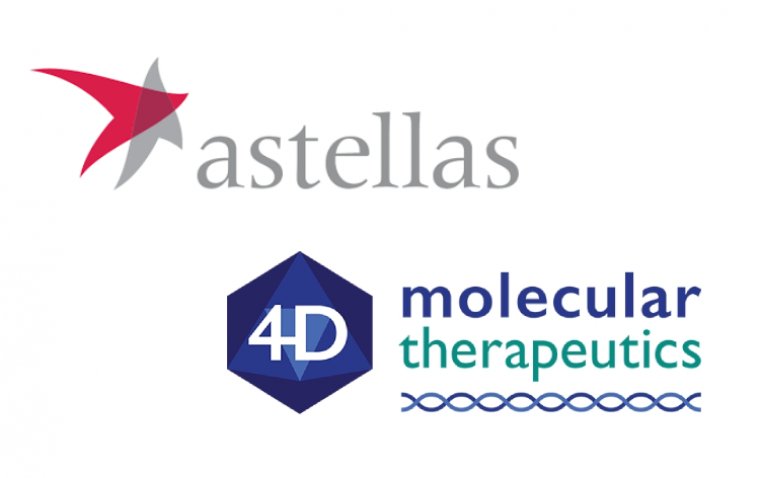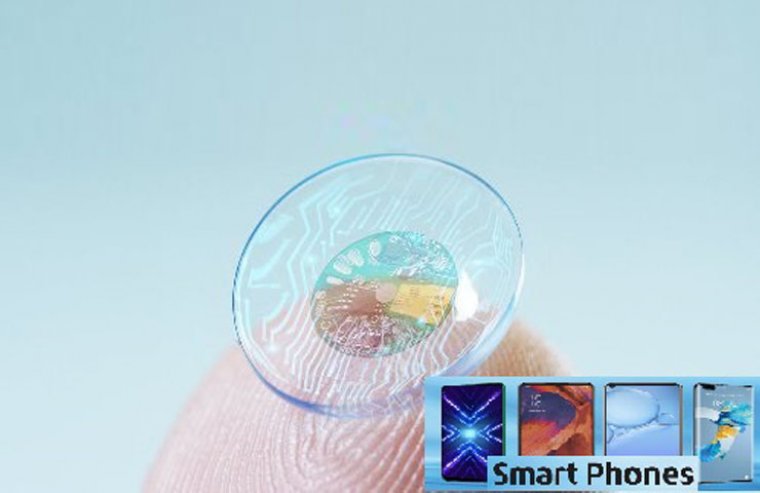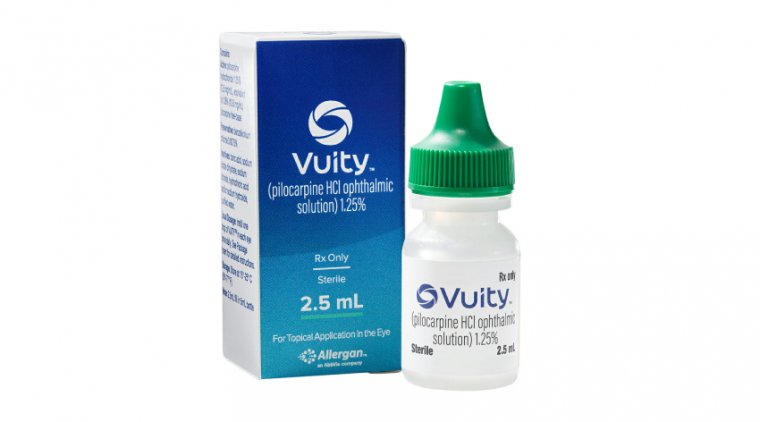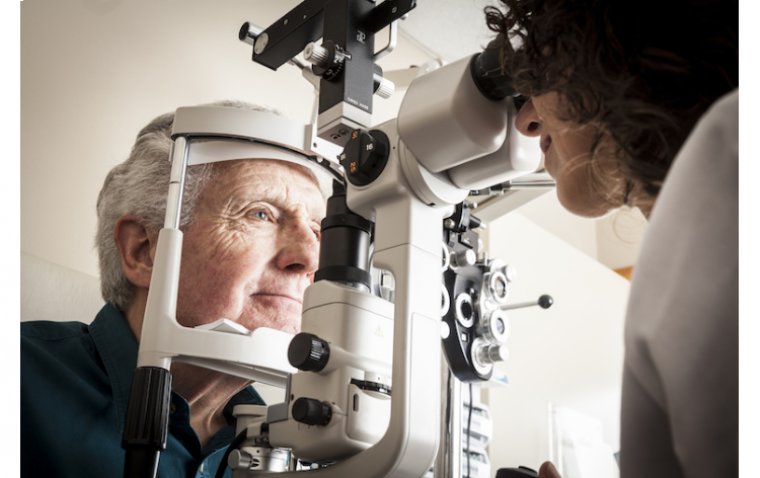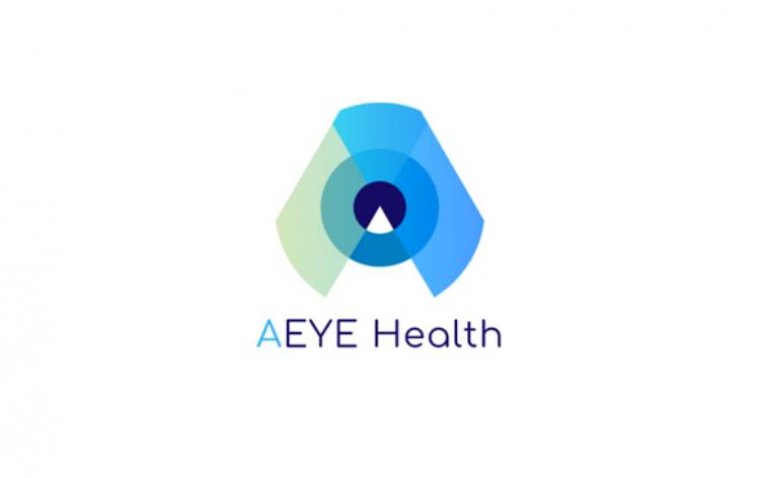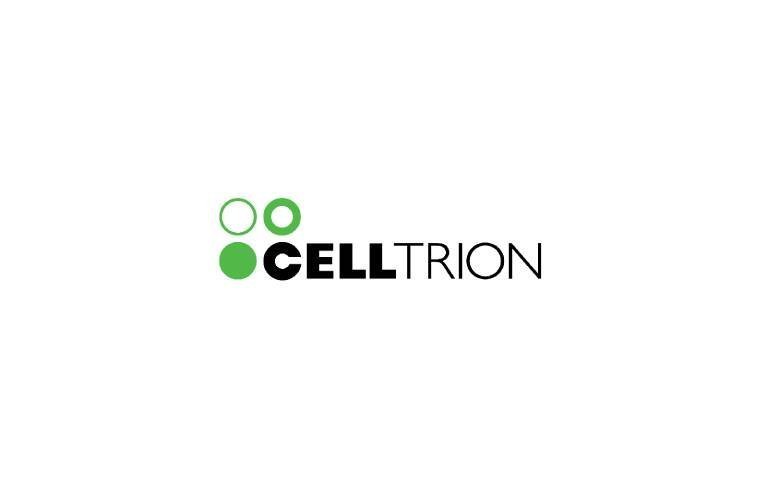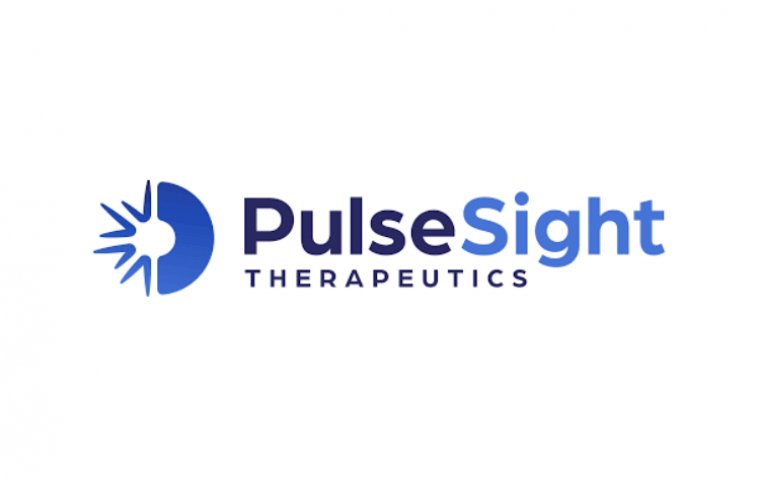
PulseSight Therapeutics Introduces Novel Gene Therapies for Retinal Diseases
PulseSight Therapeutics has launched to advance two novel late-stage preclinical drugs for wet and dry age-related macular diseases (AMD), including geographic atrophy (GA).
Innovative Gene Therapy Platform
At the heart of PulseSight's innovation lies their proprietary non-viral gene therapy ocular platform, leveraging an electro-transfection system. This system delivers DNA plasmids encoding therapeutic proteins into the ciliary muscle, presenting a promising approach to treating major eye diseases. PulseSight has already seen validation of this technology in a first phase 1/2 clinical study, demonstrating notable safety and efficacy profiles, alongside sustained clinical benefits of up to 8 months, particularly in patients with chronic noninfectious uveitis.
PST-809: Transforming Treatment for Wet AMD
PulseSight's lead program, PST-809, stands out as a potential game-changer in the treatment landscape for wet AMD. Combining a dual-gene plasmid encoding anti-VEGF aflibercept with decorin, an anti-angiogenic and anti-fibrotic protein, PST-809 has shown superior efficacy in preclinical studies compared to existing treatments. Notably, it offers the potential to significantly reduce the frequency of injections, thereby easing the treatment burden for patients with this chronic condition.
What is Wet AMD?
Wet age-related macular degeneration (AMD), also known as neovascular AMD, is a progressive eye condition characterized by abnormal blood vessel growth beneath the retina. These new blood vessels are fragile and prone to leaking fluid or blood, leading to the formation of scar tissue and potential vision loss. Wet AMD often progresses rapidly and can cause severe central vision impairment if left untreated. It is a leading cause of blindness in older adults, highlighting the critical need for effective treatments to manage this sight-threatening condition.
PST-611: Addressing Geographic Atrophy in Dry AMD
The company's second program, PST-611, targeting geographic atrophy (GA) associated with dry AMD, also harnesses this innovative delivery technology. By encoding the human transferrin protein, PST-611 aims to address key pathophysiological pathways involved in GA, offering potential benefits with a reduced need for retreatment.
Understanding GA in Dry AMD
Geographic atrophy (GA) is a severe form of dry age-related macular degeneration (AMD), a progressive eye disease affecting the macula, the central part of the retina responsible for sharp, central vision. In GA, there is a gradual and irreversible loss of retinal pigment epithelial (RPE) cells, which are essential for maintaining the health of the retina. This loss leads to the formation of distinct areas of cell death and atrophy in the macula, hence the term "geographic." GA results in significant visual impairment, often characterized by blind spots or distortion in the central field of vision.
Strong Leadership and Investor Support
PulseSight's ambitious vision is supported by a seasoned leadership team and backed by significant seed investments from prominent venture capital investors. Notable additions to the board include Dominik Escher, PhD, and Kostas Kaloulis, PhD, both bringing extensive experience in ophthalmology, alongside Dirk Sauer, former Head of Ophthalmology at Novartis. The company's leadership is further bolstered by CEO Judith Greciet, PharmD, who brings over three decades of experience in the pharmaceutical and biotech industries.
Venture capital investors such as Korea Investment Partners (KIP) have joined PulseSight's seed financing round, reflecting the growing excitement and confidence in the company's transformative potential. PulseSight is now gearing up for its Series A financing round, a crucial step in advancing its promising therapies towards clinical proof-of-concept.
*Stay in the loop and make sure not to miss real-time breaking news about ophthalmology. Join our community by subscribing to OBN newsletter now, and get weekly updates.
Reference:
(1).jpg)

